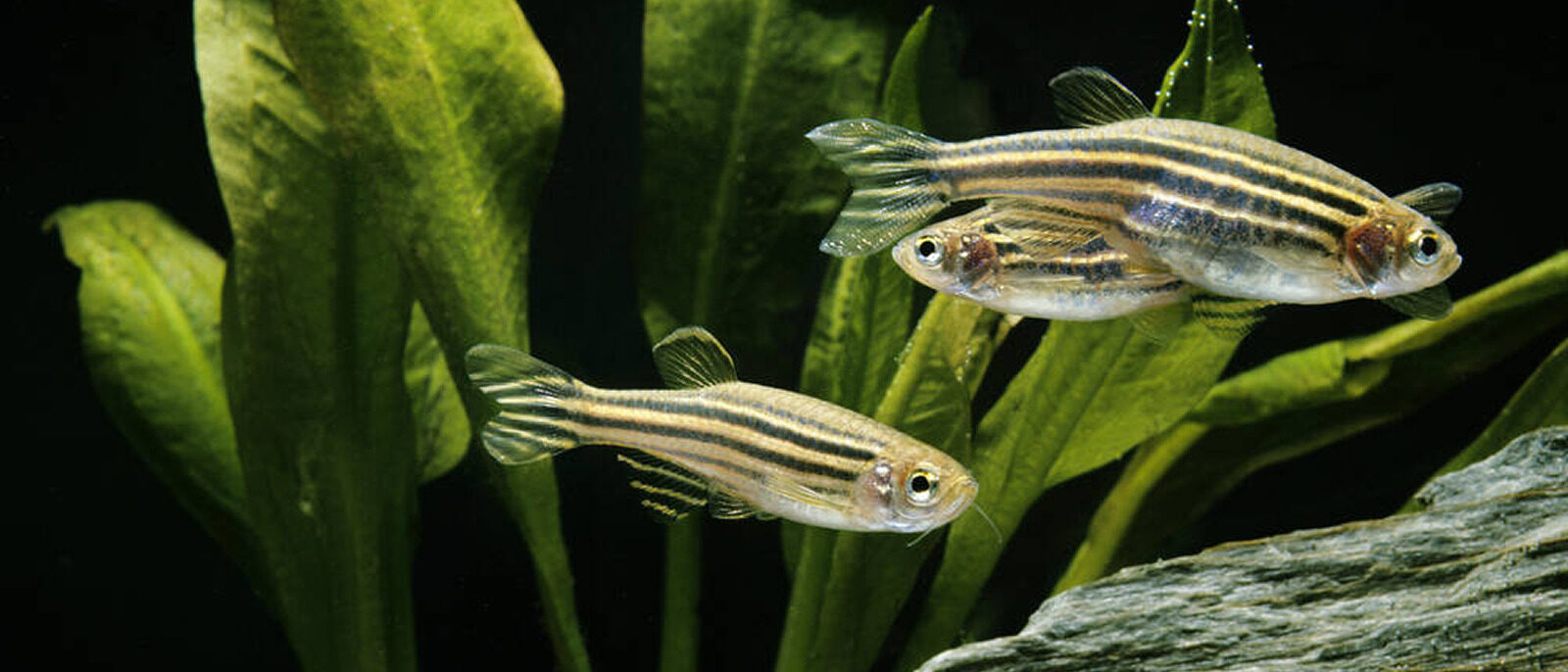
Institutional Animal Care & Use Committee (IACUC)
What is the IACUC?
The Institutional Animal Care & Use Committee (IACUC) serves as an objective third party, an oversight committee, governed by Federal and State regulations to ensure that appropriate care and use of vertebrate animals involved in education and/or research.
In the US, the use of live vertebrate animals in educational and research must comply with the Animal Welfare Act and the regulations of the United States Department of Agriculture (USDA-APHIS) Animal Welfare Regulations if the institution works with USDA-regulated species and the Public Health Service (PHS) policy on Humane Care and Use of Laboratory Animals Public Health Service (PHS) Policy if the institution receives NIH funding, and The Guide for the Care and Use of Laboratory Animals (administered through the accrediting body, AAALAC).
Faculty and staff, who use live non-human vertebrate animals in education and/or research, regardless of funding source, are required to submit to the IACUC an application describing their proposed research. The information requested in the application is dictated by federal, state, and institutional policies, standards, and regulations. The requested information is essential for the IACUC to determine whether the proposed use of animals is justified, humane, and complies with existing policies and regulations. Animals cannot be obtained or used without prior protocol review and approval by the IACUC. As per federal law, the IACUC has the authority to approve, disapprove, or require modifications to be made to protocols to ensure regulatory compliance, and has the authority to suspend or terminate ongoing protocols if it is determined that inappropriate or unapproved activities involving animals are taking place.
Faculty and staff are expected to obtain IACUC approval for these activities regardless of where the animals are maintained and/or the project is carried out. However, if a project is to be conducted at a site or in cooperation with an institution that has its own Animal Care and Use Committee, a copy of that committee’s approved form may be submitted to the IACUC.
IACUC approval is not required when all procedures are being carried out on tissues obtained from a slaughterhouse or from animals euthanized for another purpose. If, however, animals are procured and euthanized/slaughtered to obtain tissues for a particular project, that project must be approved by the IACUC.
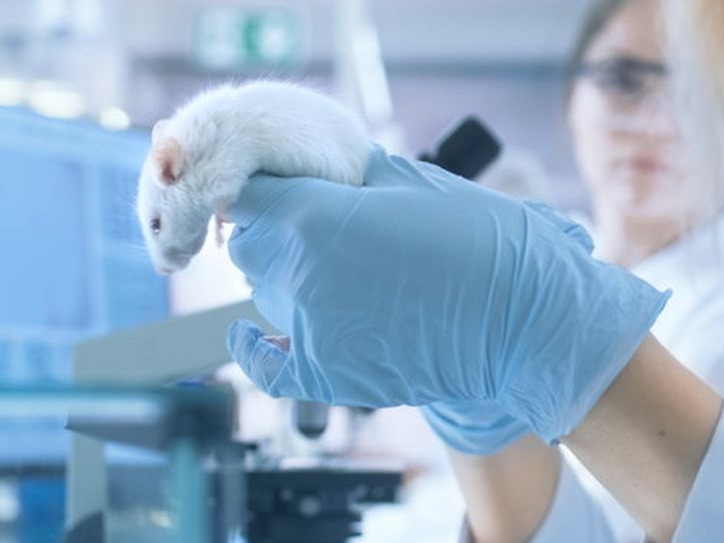
Functions
The IACUC is charged with several functions, including (but not limited to):
- Review and approve animal use protocols;
- Ensure that investigators and staff are properly trained;
- Ensure that research and teaching activities conform to best practices as defined by The Guide For the Care and Use of Laboratory Animals;
- Inspect animal care and use facilities to ensure compliance with federal regulations and policies;
- Review the animal care and use program semiannually; and
- Investigate concerns involving animal care and use at the University.
(A summary of the IACUC’s functions can be found in the IACUC Committee Guidebook, section A.2. Table B. Federally Mandated Functions of the IACUC)
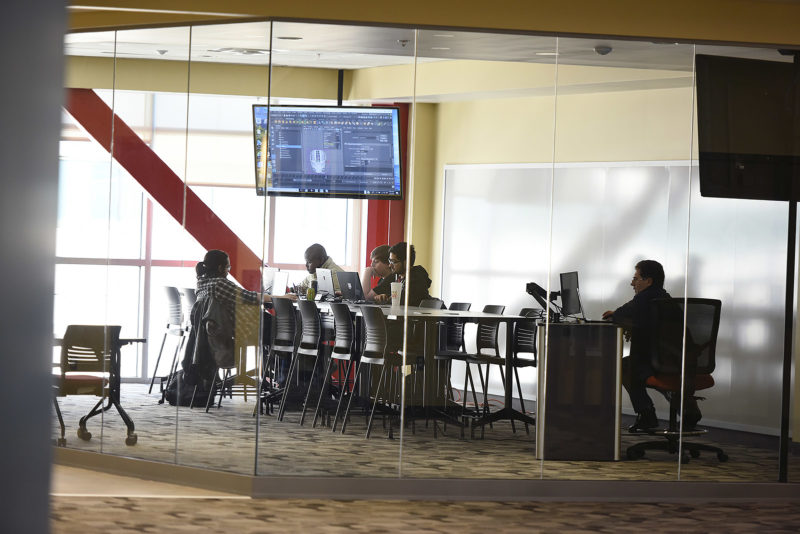
CITI TRAINING
HU requires researchers to use the Collaborative Institutional Training Initiative (CITI) and to provide certificates of completion.
To access this training free of charge, go to www.citiprogram.org and Sign in using your university ID to create an account and access the required learning module or webinars
CONTACT THE IACUC
All questions and comments should be submitted to IACUC@harrisburgu.edu.
If you have a concern or complaint about animal care or use, you may file an anonymous confidential report by submitting this form (https://harrisburgu.qualtrics.com/jfe/form/SV_afVj3M8c85tGjNY) or emailing IACUC@harrisburgu.edu.
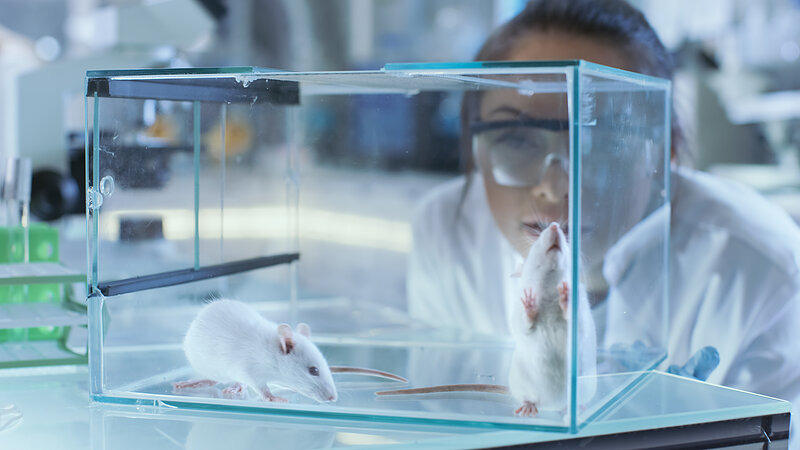
Active Protocols are Subject of Post Approval Monitoring (PAM)
- The IACUC conducts semiannual site visits (Semiannual Checklist_V1-Aug2023.pdf)
- Researchers report annually to the IACUC – click here
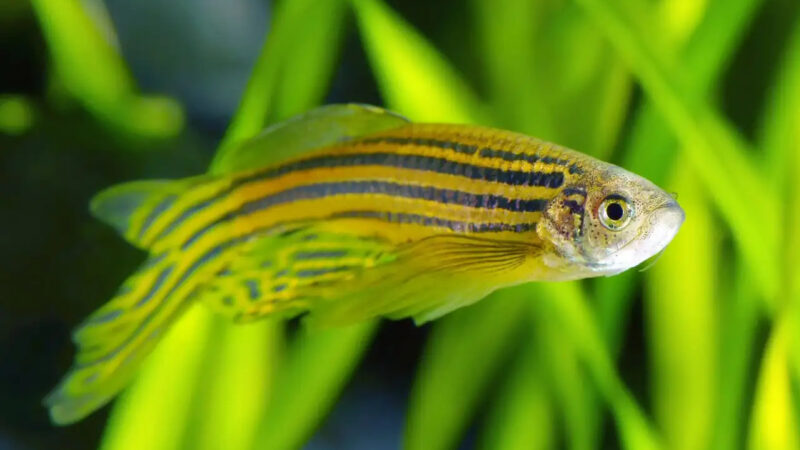
Resources for Instructions and Researchers
- A Guide for the Care and Use of Laboratory Animals, 8th National Academy Press (NIH.gov) – click here
- American Association for Laboratory Animal Science (AALAS)
- OLAW links to zebrafish research – click here
- Guidelines on Euthanasia (avma.org)
- The Zebrafish Information Network
- Publications and Information from the American Association for Laboratory Animal Science (AALAS) – click here
- HU-IACUC Zebrafish Guidelines
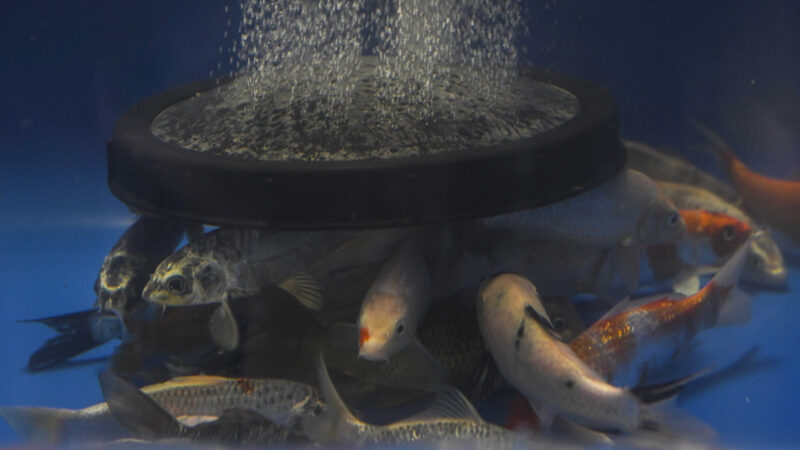
Report a Concern Related to Animal Care or Use
- Report a Concern via the web – click here
- E-mail: IACUC@harrisburgu.edu